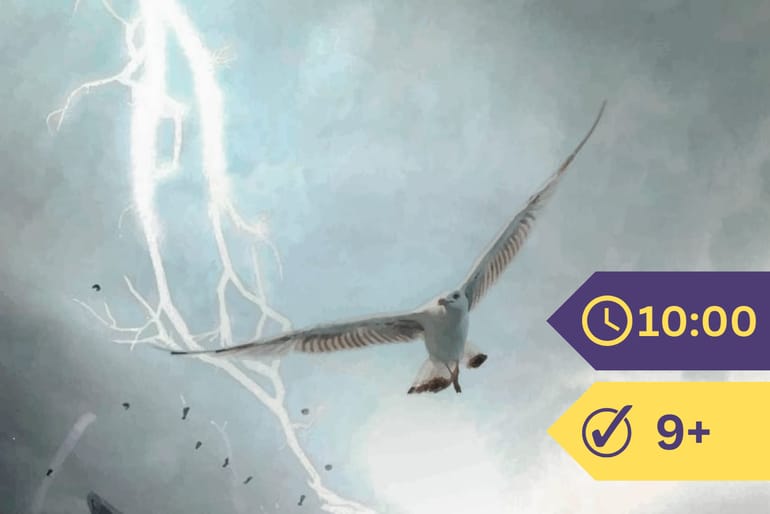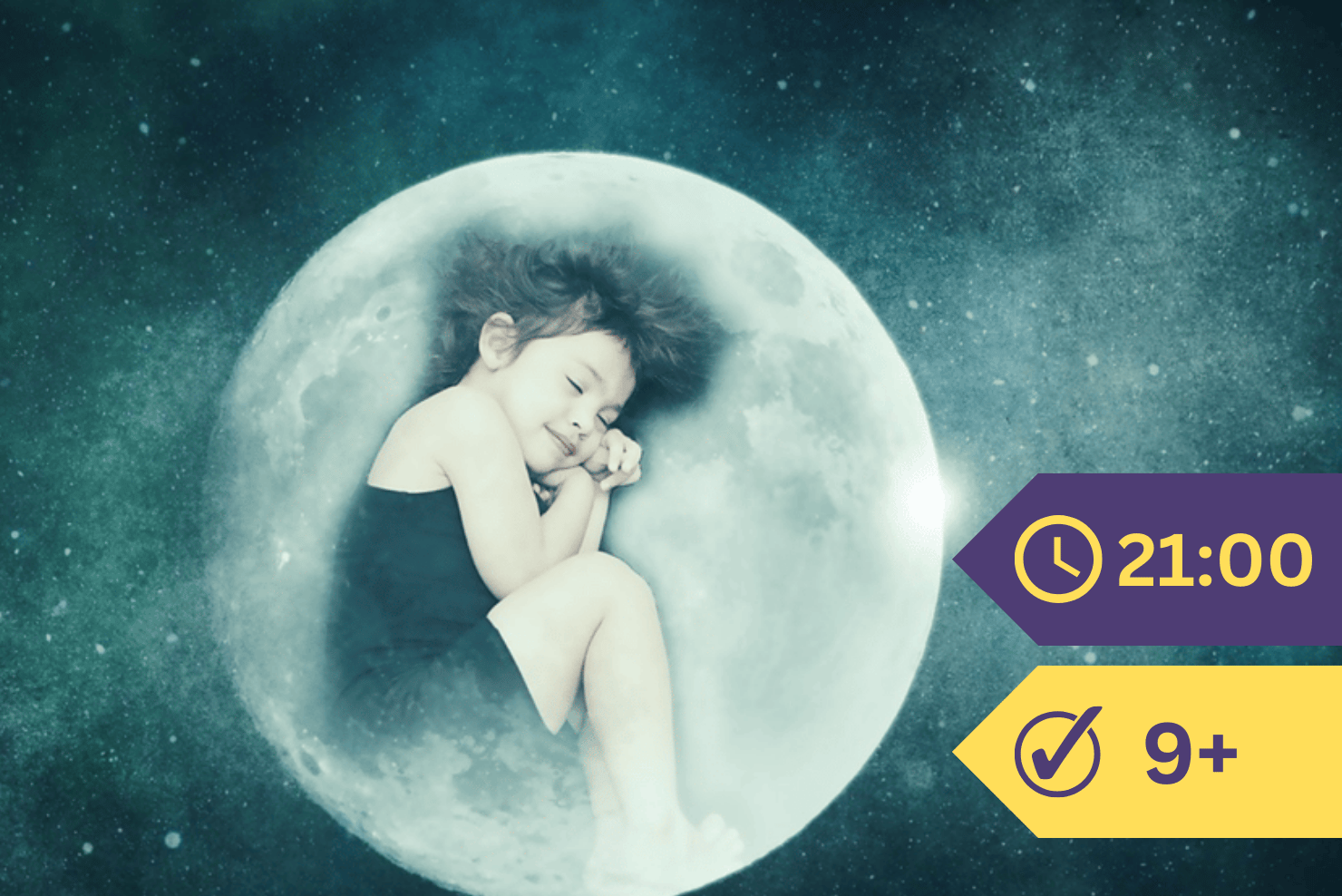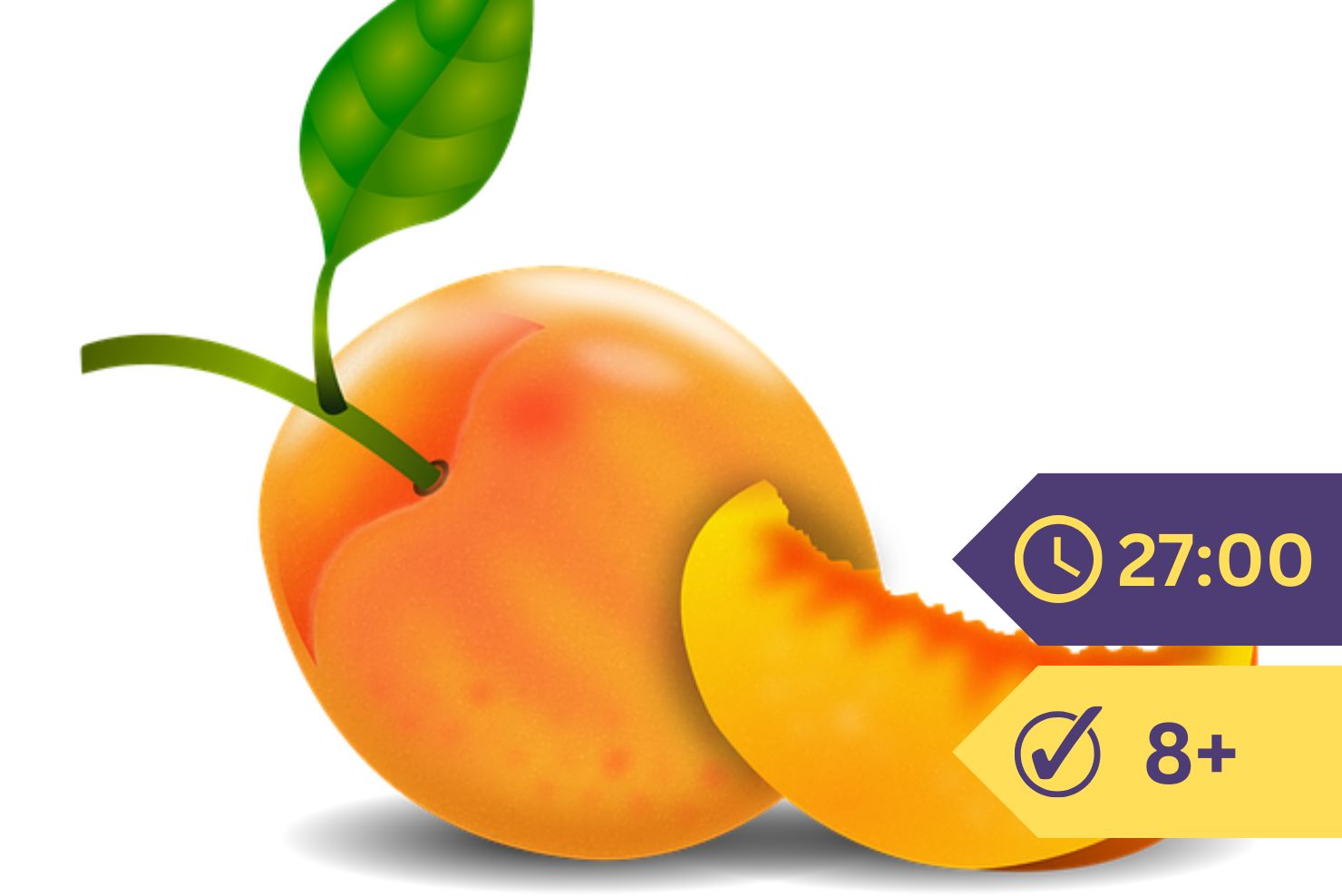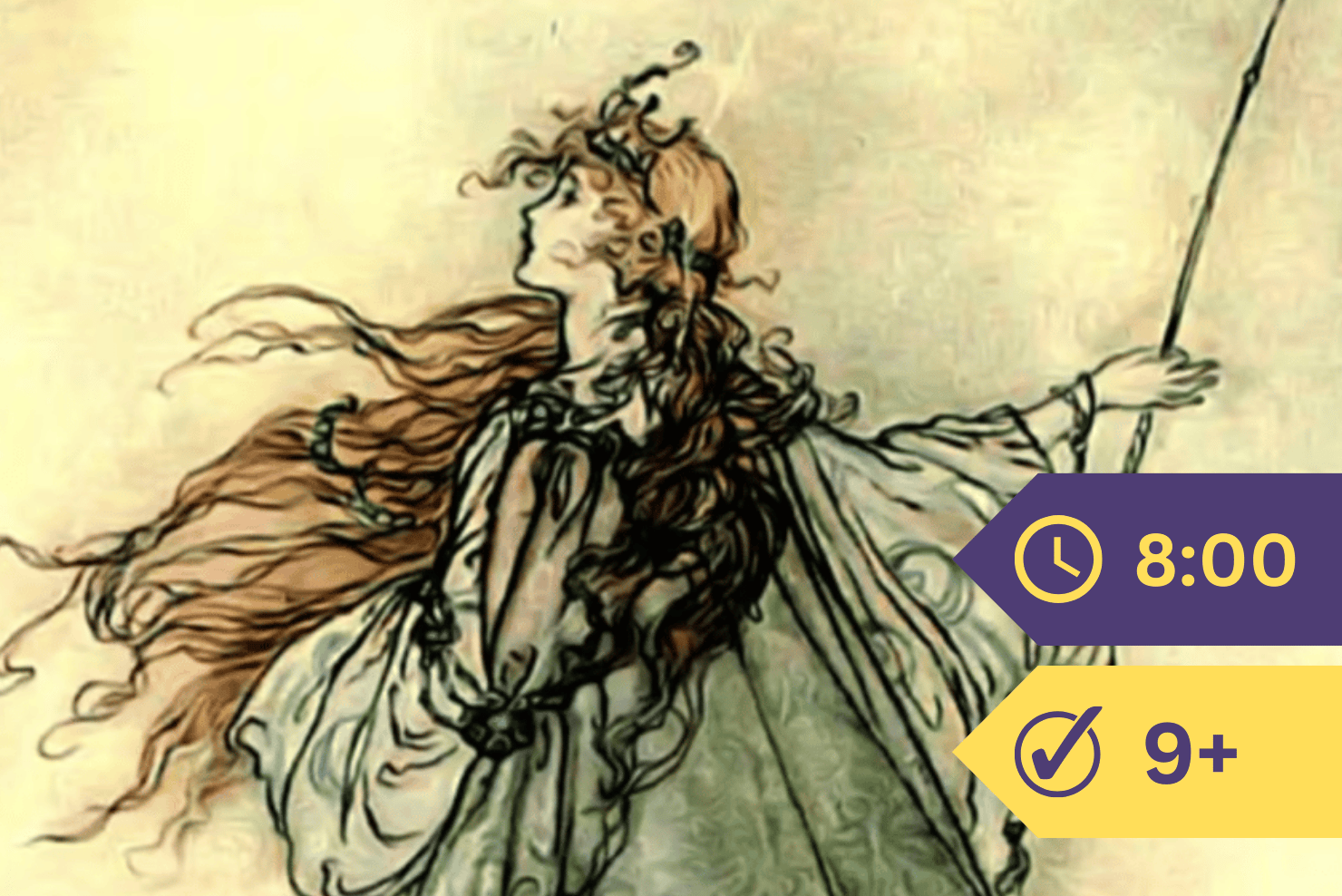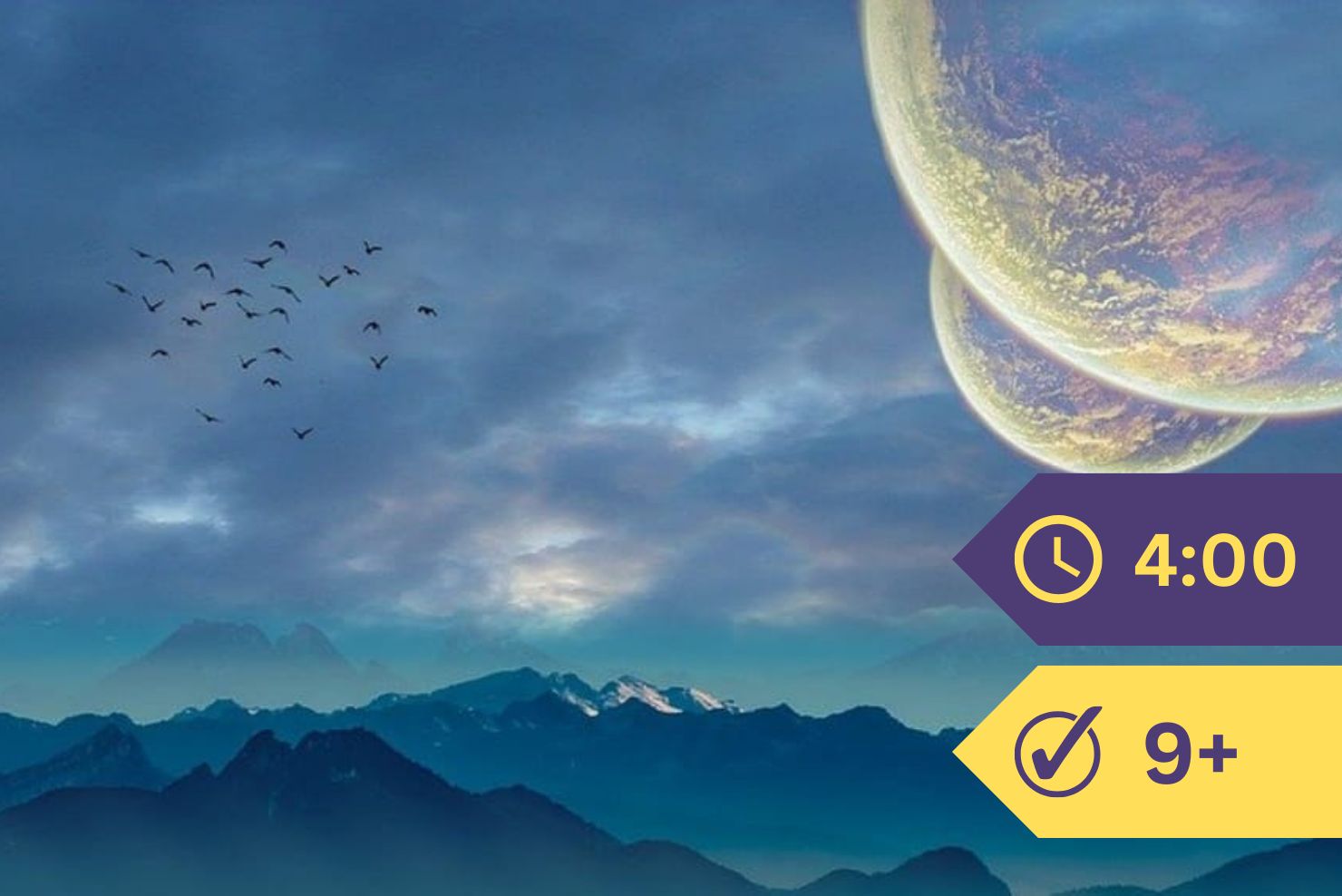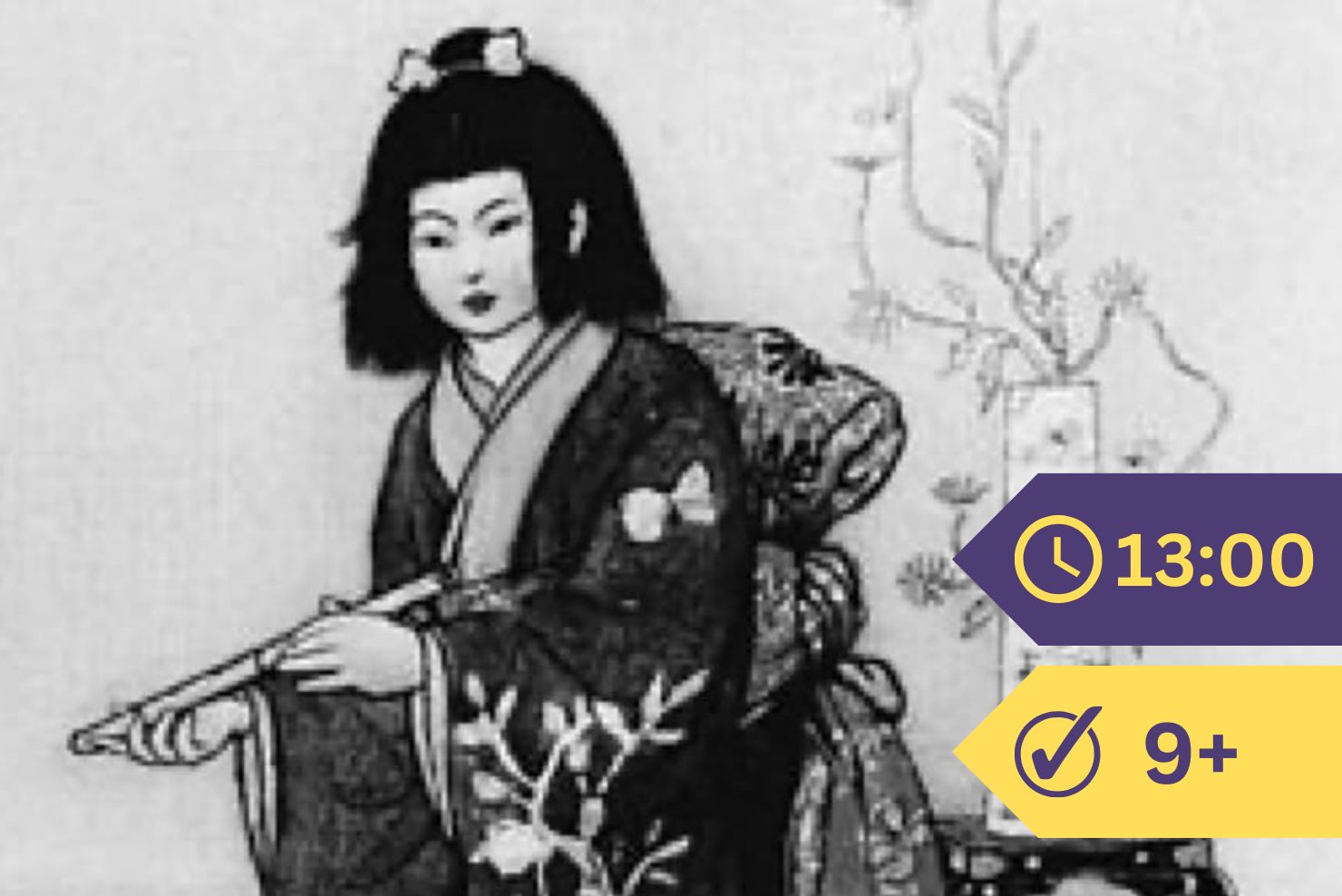People say that Rai-Den, the Thunder, is a loveless, vengeful spirit who scares people and treats them cruelly. These are people who are terrified of the storm and hate thunder and lightning. They speak as badly as they can about Rai-Den and his son, Rai-Taro. But they are mistaken.
Rai-Den Sama lived in a Cloud Castle, high in the Blue Sky. He was a great and powerful God and Ruler over the Elements. Rai-Taro was his only son. He was a good boy and his father loved him very much.
In the cool of the evening, Rai-Den and Rai-Taro walked on the ramparts of the Cloud Castle. From the ramparts, they watched the doings of the people on the land of the reed plains. They looked to the North and the South, the East and the West. They often laughed, very often. Sometimes they sighed deeply. Sometimes Rai-Taro leaned far over the wall to see the children who lived and played on the earth.
One evening, Rai-Den Sama said to Rai-Taro, “Watch the doings of the people well this evening, my child.”
Rai-Taro replied, “I will watch well, Father.”
They looked from the northern rampart and saw great lords and armed men go to battle. From the southern rampart, they saw priests and acolytes serve in a holy temple where the air was dim with incense and where the images of gold and bronze shone in the twilight. From the eastern rampart, they saw a ladies’ arbor where a beautiful princess sat, with a group of pink-dressed maids playing music for her. There were also children playing with a flower cart.
“Ah, what lovely children,” said Rai-Taro.
From the western rampart, they saw a toiling farmer in a rice field. He was really tired and his back hurt. His wife toiled at his side. If he was tired, it is easy to believe that she was even more tired. They were very poor and their clothes were ragged.
“Do they have children?” asked Rai-Taro. Rai-Den shook his head: “Not at the moment.”
“Did you look carefully, Rai-Taro?” he asked. “Did you watch the doings of the people well tonight?”
“Father,” said Rai-Taro, “of course I looked carefully.”
“Then choose, my son, choose, for I am going to send you to live on earth.”
“Must I go among the people?” asked Rai-Taro.
“Yes, my child, you must go.”
“I will not go with the armed men,” said Rai-Taro, “fighting would make me sick.”
“Oh ho, do you say that, my son? Will you then go to the arbor of the fair Lady?”
“No,” said Rai-Taro. “After all, I am a man. I will not let my head be shaved to live with the priests.”
“Then what? Will you choose the poor man? You will have a hard life with a meager wage, Rai-Taro.”
Rai-Taro said, “They have no children. Maybe they will come to love me.”
“Go in peace,” said Rai-Den Sama, “for you have made a wise choice.”
“How shall I go, my father?” asked Rai-Taro.
“Honorably,” said his father, “as befits a Prince of the High Heaven.”
The poor farmer was toiling in his rice field at the foot of Mount Hakusan in Ichizen Province. Day after day and week after week, the blazing sun beat down. The rice field was dry, and the young rice had been burned.
“Alas, alas!” cried the poor farmer. “What shall I do if my rice crop fails? May the dear gods have mercy on all poor people.”
He sat down on a stone at the edge of the rice fields, exhausted and sad, and fell asleep. When he woke up, the sky was black with clouds. It was only midday, but it was as dark as night. The leaves of the trees trembled together, and the birds stopped singing.
“A storm, a storm!” cried the poor farmer. “Rai-Den Sama is riding on his black horse, beating the great drum of thunder. We will have abundant rain. Thank you, thank you.” Indeed, there was abundant rain, pouring down in streams accompanied by blinding lightning and roaring thunder.
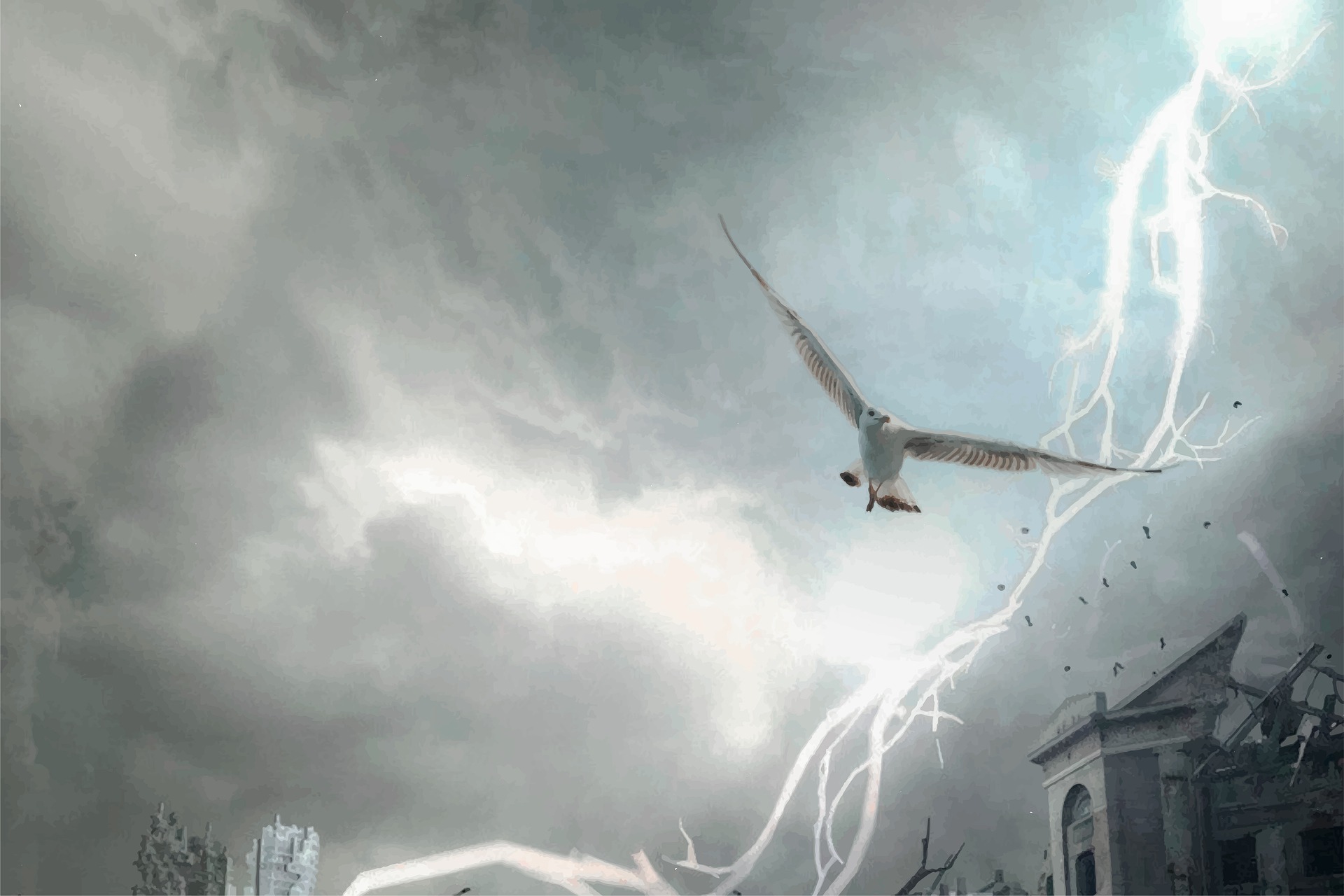
“Oh, Rai-Den Sama,” said the farmer, “thanks to your greatness, I am saved. This is more than enough.” With that, the bright lightning flashed again and struck the earth in a ball of living fire. The sky cracked with a mighty thunderclap.
“Alas, alas,” cried the poor farmer. “Lady Kwannon, have mercy on a sinful soul, for now the Thunder Dragon has caught me.” He lay down on the ground and covered his face.
Nevertheless, the Thunder Dragon spared him. Soon he sat up again and rubbed his eyes. The fireball had disappeared, but now there was a baby on the wet ground. A sweet, fresh boy with raindrops on his cheeks and in his hair.
“Oh, Lady Kwannon,” said the poor farmer, “this is your sweet grace.” He took the boy in his arms and carried him to his home. It was still raining, but the sun appeared in the blue sky. Every flower shone in the cool air and lifted its grateful flower heart to the sun.
The poor farmer arrived at his little house. “Wife, wife,” he cried, “I have brought something.”
“What might that be?” said his wife. The man replied, “Rai-Taro, the little one, the eldest son of the Thunder.”
Rai-Taro grew up to be tall and strong, the tallest young man in the whole countryside. He was the joy of his foster parents, and all the neighbors loved him too. When he was ten years old, he worked like a man in the rice field. And he was a great weather forecaster.
“Father,” he said, “let’s do this and that while we still have this beautiful weather.” Or he said, “Father, let’s do everything now, for there is a storm coming tonight.” And it happened just as he had predicted. This brought great fortune to the poor farmer, and all his work prospered.
When Rai-Taro was eighteen years old, all the neighbors were invited to his birthday party. There was plenty of good sake, and the good people were cheerful, but Rai-Taro was quiet, sad, and excused himself.
“What’s the matter, Rai-Taro?” asked his foster mother. “You, who are usually even happier than the happiest, why are you quiet and sad and not joining in?”
“That is because I have to leave you,” said Rai-Taro.
“No,” said his foster mother. “Never leave us, Rai-Taro, my son. Why would you leave us?”
“Mother, I will go because I must,” said Rai-Taro, in tears.
“You are such a great happiness to us, and you bring us so much.
“You are such a great blessing to us and bring us so much. What have I been able to give you? But what have I been able to give you, Rai-Taro, my Son?”
Rai-Taro replied, “You have taught me three things: to work, to suffer, and to love. I have learned more than the Immortals.”
Then he left them. And in the likeness of a white cloud, he climbed up to the Heavenly Blue Heights until he reached his father’s castle. Rai-Den received him.
Then they stood together on the western fortress wall of the Cloud Castle and looked down at the earth.
The foster mother wept bitter tears, but her husband took her by the hand.
“My dearest,” he said, “it is not for long. We will soon grow old.”

